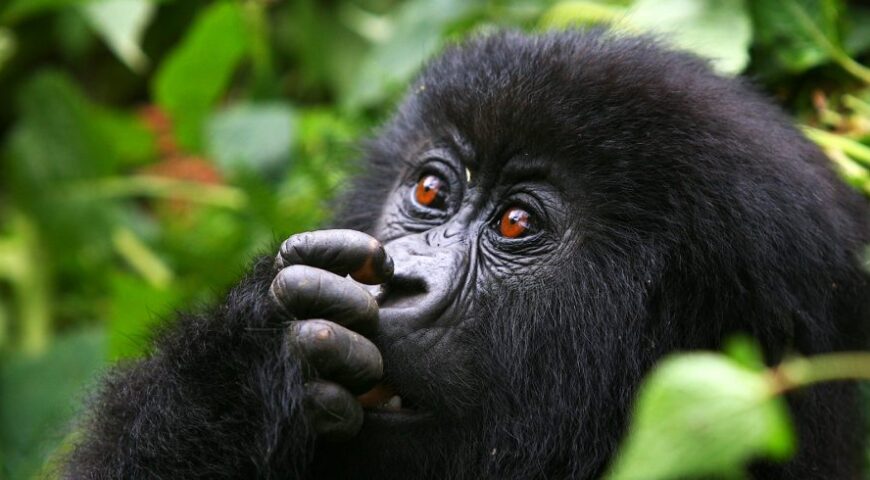
Gorilla Trekking Guidelines
Gorilla trekking is a thrilling and unique wildlife experience that allows you to observe the endangered mountain gorillas in their natural habitat. It is important to follow certain guidelines to ensure the safety and well-being of both the gorillas and the visitors. Here are some general guidelines for gorilla trekking.
Obtain permits:
Gorilla trekking requires a permit, which you should obtain in advance from the relevant wildlife authorities or park management. These permits often have limited availability, so it is advisable to book them well in advance.
Follow the instructions of the park rangers:
During your gorilla trekking experience, you will be accompanied by experienced park rangers or guides. It is crucial to listen to their instructions and follow their guidance at all times.
Maintain a safe distance:
When observing gorillas, maintain a distance of at least 7 meters (about 23 feet). This is to minimize the risk of transmitting diseases to the gorillas and to respect their personal space.
Keep quiet and calm:
Gorillas are sensitive to loud noises and sudden movements. It’s important to maintain a calm demeanor and avoid making excessive noise. This helps create a peaceful environment and reduces stress for the gorillas.
No direct eye contact:
Making direct eye contact with gorillas can be perceived as a threat or aggression. It is best to avoid sustained eye contact and, instead, observe them respectfully.
Do not feed the gorillas:
Feeding gorillas is strictly prohibited. Their natural diet consists of vegetation found within their habitat, and human food can be harmful to their health.
Do not touch the gorillas:
While gorillas are closely related to humans, it is important to remember that they are wild animals. Touching them can disrupt their natural behavior and potentially transmit diseases. Maintain a respectful distance.
Stay in your group:
It is important to trek in small groups and stay together. This makes it easier for the rangers to keep track of everyone and ensures that the gorillas are not overwhelmed by a large number of visitors.
Stay healthy:
If you have any contagious illnesses, such as a cold or flu, it is best to postpone your gorilla trekking experience. Gorillas are susceptible to human diseases, and even a minor infection can be fatal to them.
Respect the environment:
Gorilla trekking takes place in fragile ecosystems. Respect the environment by following designated trails, not littering, and avoiding any damage to the flora and fauna.
Remember, these guidelines are meant to protect both the gorillas and their habitat, as well as to enhance the quality of your gorilla trekking experience. By following these guidelines, you can contribute to the conservation efforts and ensure the long-term survival of these magnificent creatures.

